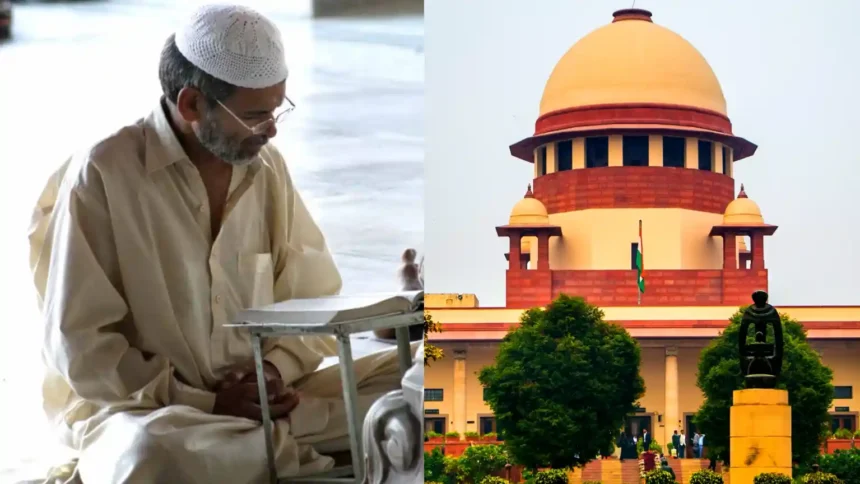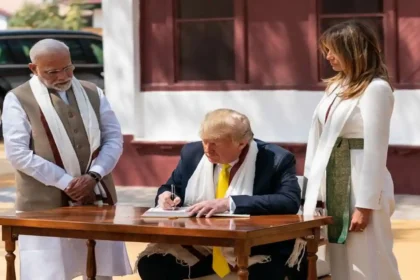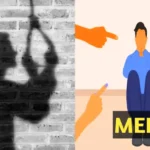Picture a tense moment in Jharkhand, where a quick argument turned into a years-long legal fight. Hari Nandan Singh, a local man, got upset with a government worker and called him “Pakistani” and “Miyan-Tiyan” back in November 2020. What seemed like a burst of anger landed Singh in deep trouble—police charges, court dates, and a battle that reached the Supreme Court. But on Tuesday, the court dropped a big decision: those words might be rude, even in poor taste, but they’re not a crime. Singh’s case is closed, and this ruling is stirring up talk about free speech and what’s fair.
How It All Began
It started on a regular day in Chas, Jharkhand, four years ago. Singh was dealing with a government worker—an Urdu translator and acting RTI clerk—when things went sour. Words flew, and Singh called the worker “Miyan-Tiyan,” a term some use jokingly or as a jab at Muslims, and “Pakistani,” a dig that hit a nerve. The worker felt insulted, saying it hurt his religious feelings, and went straight to the police. They filed a case against Singh under the old Indian Penal Code: Section 298 for wounding religious sentiments, Section 504 for insulting someone to cause trouble, and Section 353 for clashing with a public servant.
The Jharkhand High Court wouldn’t let it go, so Singh took his plea to the Supreme Court. That’s where Justices BV Nagarathna and Satish Chandra Sharma stepped in, ready to settle it once and for all.
- Indian-Origin Nurse Brutally Attacked by Patient in US Hospital; Attack Was Racially Motivated: Cops
Court Says: Not Nice, But Not Illegal
On February 11, 2025, the Supreme Court made its call, and it rang out clear by Tuesday. “Calling someone ‘Pakistani’ or ‘Miyan-Tiyan’ is in poor taste,” the judges said. “But it doesn’t break the law under Section 298.” They explained that for words to be a crime, they need to show a real intent to hurt someone’s faith—and Singh’s didn’t. The court threw out the religious sentiment charge, giving Singh a clean break from that part of the fight.
It wasn’t a cheer for bad manners, though. The judges called the words unpleasant but said they don’t deserve jail time. For Singh, it’s a win after a long haul.
Relief for Singh, Questions for All
Singh’s family in Jharkhand felt the weight lift. “He didn’t mean to offend anyone,” a relative shared. “It just slipped out in the moment.” They’d been stuck in worry since 2020, picturing a trial or worse. Now, with the Supreme Court’s help, they can breathe again.
But out in the world, people are buzzing. Some love the ruling, saying it protects free speech. “Not every word should land you in court,” one person wrote online. Others aren’t so sure, pointing out “Pakistani” can feel like a deep cut, especially with India’s history. It’s got folks split on what’s okay to say.
What This Means Moving Forward
This isn’t just about Singh—it’s about how India handles words that sting. Laws here have often punished talk that offends, especially about religion. But this ruling says hold on—not every harsh comment is a crime. It’s asking: Should we punish every slip of the tongue? Or save the law for bigger problems?
For now, Singh’s free from the Section 298 charge, though the other charges weren’t fully cleared in this ruling. The bigger picture? This could mean fewer cases over small insults, giving courts room for serious stuff. As people debate, one thing’s sure: the Supreme Court’s drawn a line—rude’s not always illegal. What do you think—fair call or too light?







